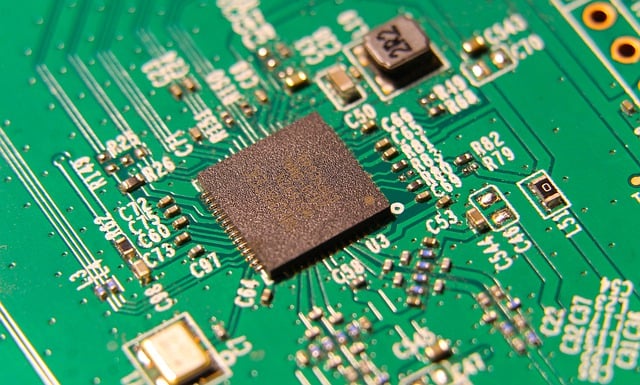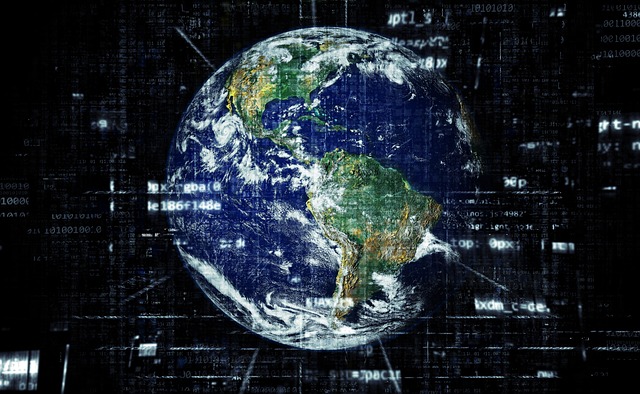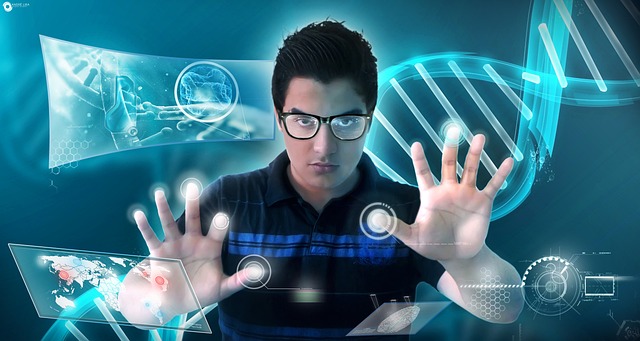# The Rise of AI Technology: How Intelligent Systems are Revolutionizing Everyday Life
The advent of artificial intelligence (AI) has marked a transformative era in technological advancement. Intelligent systems, once the realm of science fiction, are now integral parts of our daily lives. From personal assistants to sophisticated algorithms that drive business decisions, AI is reshaping how we interact with the world around us. This article explores the rise of AI technology, its applications in various sectors, and the implications for our future.
## The Evolution of AI Technology
Historically, the concept of artificial intelligence has evolved significantly since its inception. In the mid-20th century, pioneers like Alan Turing and John McCarthy laid the groundwork for what would become a burgeoning field. Initially, AI systems were limited to rule-based algorithms and simple decision trees. However, advancements in machine learning and neural networks have propelled AI into a new era where systems can learn from data and improve over time.
Recent breakthroughs in deep learning, particularly in natural language processing and computer vision, have further accelerated AI’s capabilities. For instance, language models such as OpenAI’s GPT-3 can generate human-like text, while image recognition algorithms can identify objects with remarkable accuracy. These advancements have opened up a plethora of applications across various industries, fundamentally changing how tasks are performed.
Moreover, the integration of AI into everyday devices has made intelligent systems ubiquitous. Smart home devices, for example, utilize AI to enhance user experience by learning individual preferences and automating routine tasks. As technology continues to evolve, the possibilities for AI applications seem almost limitless, leading to a profound impact on daily life.
## AI in Healthcare: A Game Changer
In the healthcare sector, AI technology is proving to be a game changer, enhancing patient care and streamlining operations. One of the most significant contributions of AI has been in diagnostics. Algorithms trained on vast datasets can analyze medical images, such as X-rays and MRIs, with impressive accuracy, often outperforming human radiologists. This capability not only speeds up the diagnostic process but also reduces the likelihood of human error.
Furthermore, AI is revolutionizing personalized medicine. By analyzing genetic information and patient history, intelligent systems can recommend tailored treatment plans that are more effective for individual patients. This shift towards personalized care is expected to improve health outcomes significantly and reduce the trial-and-error approach often associated with traditional medicine.
In addition to diagnostics and treatment, AI is also optimizing administrative tasks within healthcare facilities. Intelligent systems can manage scheduling, patient flow, and billing, allowing healthcare professionals to focus more on patient care rather than administrative burdens. As a result, the integration of AI in healthcare is not just enhancing clinical outcomes but also improving operational efficiency.
## AI in Business: Transforming Operations and Decision-Making
The business landscape is undergoing a radical transformation due to the rise of AI technology. Organizations are increasingly adopting intelligent systems to enhance operations, improve customer experiences, and drive strategic decision-making. One of the most notable applications of AI in business is in data analysis. Companies can now leverage AI algorithms to sift through vast amounts of data, uncovering valuable insights that inform marketing strategies, product development, and customer engagement.
Additionally, AI-powered chatbots and virtual assistants are revolutionizing customer service. These intelligent systems can handle inquiries, resolve issues, and provide support 24/7, significantly enhancing customer satisfaction. By automating routine customer interactions, businesses can allocate human resources to more complex tasks that require empathy and nuanced understanding.
Moreover, AI is playing a crucial role in supply chain management. Intelligent systems can predict demand trends, optimize inventory levels, and streamline logistics. By harnessing the power of AI, businesses can reduce costs, minimize waste, and improve overall efficiency. The integration of AI in business operations is not merely a trend; it is becoming a necessity for companies aiming to remain competitive in an increasingly digital marketplace.
## The Ethical Considerations of AI Technology
While the rise of AI technology presents numerous benefits, it also raises important ethical considerations. As intelligent systems become more integrated into our lives, concerns about privacy, security, and bias have emerged. The vast amounts of data required to train AI models often include sensitive personal information, raising questions about data protection and user consent.
Additionally, the potential for algorithmic bias poses a significant challenge. If AI systems are trained on biased data, they can perpetuate and even exacerbate existing inequalities. This issue is particularly concerning in areas like hiring, law enforcement, and lending, where biased algorithms can lead to discriminatory outcomes. Addressing these ethical challenges is crucial to ensuring that AI technology serves the greater good.
Furthermore, the rise of AI raises questions about the future of work. As intelligent systems automate tasks traditionally performed by humans, there is a growing concern about job displacement. While AI has the potential to create new job opportunities, it is essential to consider how society will adapt to these changes. Upskilling and reskilling the workforce will be vital in ensuring that individuals can thrive in an AI-driven economy.
## Conclusion: Embracing the Future of AI
The rise of AI technology is undeniably transforming everyday life, offering unprecedented opportunities across various sectors. From revolutionizing healthcare to enhancing business operations, intelligent systems are reshaping how we live and work. However, as we embrace these advancements, it is crucial to navigate the ethical implications and ensure that AI serves humanity’s best interests.
Looking ahead, the continued evolution of AI technology holds the promise of further innovation and improvement in our daily lives. By fostering a responsible approach to AI development and deployment, we can harness its potential while mitigating risks. Ultimately, the future of AI is not just about technology; it is about how we choose to integrate it into our society for the benefit of all.











